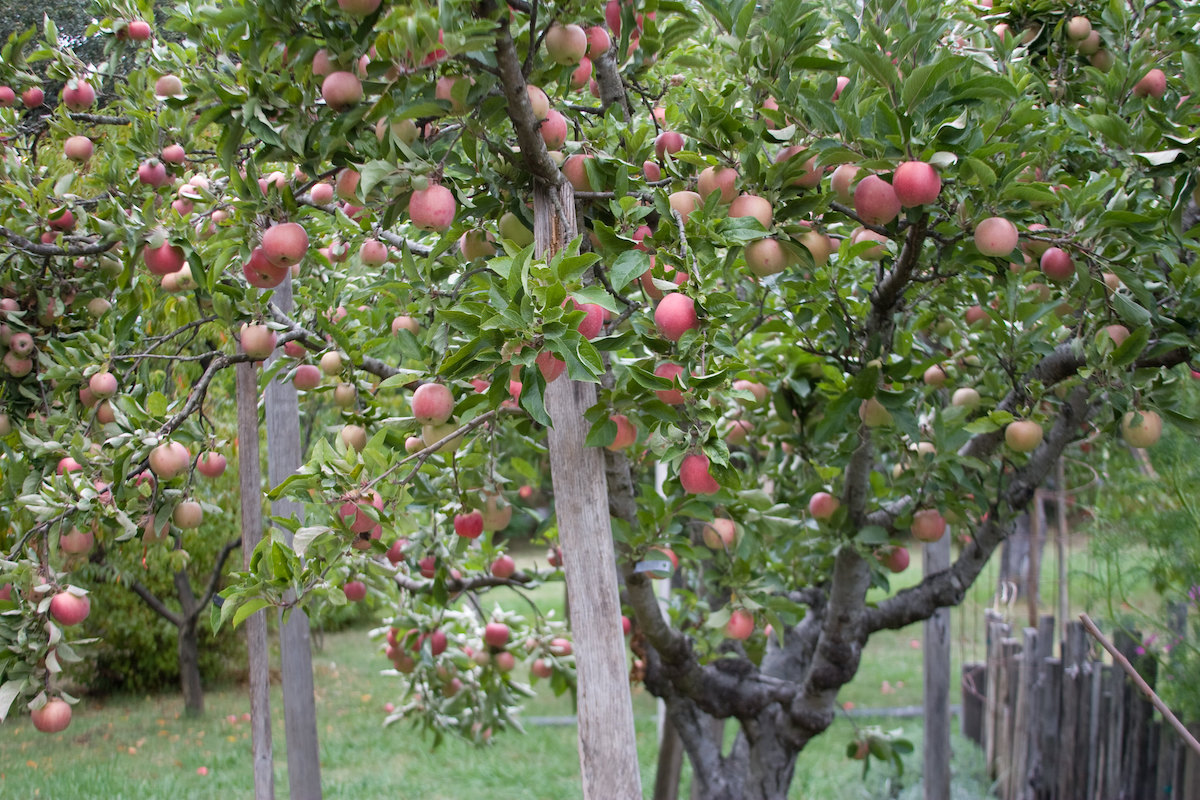On Staying Insecure and Embracing Imposter Syndrome

What limits our potential is thinking that we’re not enough.
Back in late October, I started reviewing the 300 pages of notes I had written from my study and contemplation of eight translations and commentaries of the Tao Te Ching for a book I am planning to write.
During the first three days of that week, I was in a state of panic. I felt overwhelmed and incredibly insecure. My thoughts were a looping refrain of,
“Who do you think you are? How dare you call your little human-hearted leadership idea a philosophy. You’re not a trained philosopher! You will never write this book!”
Have you ever had a voice like that in your head?
That is a perfect example of what we call imposter syndrome. But you know what? Imposter syndrome is actually a good thing if you understand the message beneath the fear and self-doubt. Essentially, the lesson of feeling like an imposter is to become comfortable with uncertainty.
Think about this for a moment: What is certain in life?
Answer: Absolutely nothing.
Each of us has dreams, desires, plans, and goals. But every one of those things requires action, and action doesn’t necessitate an outcome that you may have perfectly imagined.
So, what happened to my imposter syndrome? On the fourth day of trying to dig myself out of my insecurities, I found unexpected relief. I received an email newsletter on the topic of uncertainty and paradoxes in life. How perfect, I thought to myself. One of the foundational teaching methods in the Tao Te Ching is the use of paradox. As I read through the list of paradoxes in the email, one item leapt off the screen and slapped me out of my threat-brain and into my logical, thinking-brain:
“Stay insecure: Imposter Syndrome isn’t something to get rid of. It’s a sign that you keep playing a bigger and bigger game.” Rich Litvin

Creating Anything New is a Form of Transformation.
Metaphorically, personal transformation is like the potential that exists inside an apple seed. Without water and soil for it to take root, the apple seed remains unremarkable. Yet, with the nourishment of water, nutrients from the soil, and the right environmental conditions the seed will transform from an almost unnoticeable speck into a tree that provides hundreds of delicious apples, year after year.
The same is true of a new idea — be that philosophy, a new approach, revolutionary software, or a scientific breakthrough. Greatness is a kind of transformation that has nothing to do with ego. Instead, greatness is the challenge to confront that which you don’t know how to solve, yet you face the problem head-on, not knowing if you will succeed, but you keep trying anyway.
Greatness is not about the ego, instead, greatness is about solving a major problem.
If you let fear or self-doubt hold you back, you can’t take the next action that could turn out to be the solution you have been looking for.
Not acting is the root of failure. Taking action that doesn’t lead to the outcome you were hoping for is nothing but a simple mis-take — in other words, you acted, but you simply missed the target.
How do you get better at hitting the target? You try again. And then you try again until you get closer to the bullseye, and then you keep practicing because that successful hit in itself is not indicative of mastery.
Our Potential for Greatness is Like an Apple Seed.
You have an apple seed. You have an idea.
You plant the apple seed. You start drawing, calculating, writing, or building.
You consider the environment and foster the conditions to help the seed germinate. You do research and seek out the best information, tools, or people to nourish your ideas and potential.
As the tree begins to grow, you care for it, even when it doesn’t bear fruit, knowing that it will when the conditions are right. As your idea takes shape, you keep working on it, seeing your progress over time and staying the course getting ever closer to your desired solution.
When the tree has matured, it rewards you with fresh apples, the fulfillment of the apple seed’s natural potential. When your work is complete, the successful outcome of your natural potential is that your actions have borne the fruits of your labour.

Imposter Syndrome Is the Fear that You Are Not Enough.
At the moment, you might not be enough in the sense of not knowing enough, or not having enough skill to expertly execute as, for example, an author, artist, philosopher, chef, or a mechanic. But we will never experience enough — enough is a false condition that can never be satisfied. We learn and evolve by trying new things and repeatedly doing similar things we wish to learn and master.
Mastery is not a game of personality.
Instead, mastery is a continuous practice that develops one’s skillfulness around prediction and response. What grounds us and makes us feel safe and secure is the ability to predict what is happening in our environment — in other words, the continual assessment of the world in which we see ourselves.
When you attempt something new for the first time, you have no idea what will happen because you have little if any skill in that new area. You might be aware of a general outcome, having seen other people do it, but you lack the mental prediction skills to respond in a way that will help you to accomplish that outcome compared to what you have seen others do.
If you judge your early attempts based on the comparison of what others have done, you feed the imposter syndrome.
When this happens, remind yourself that every action you have taken in your life, up to this very moment, has resulted in an unmeasurable set of skills that make you uniquely who you are. From learning how to walk, read, write, or perform a specialized skill, you became proficient at each of those tasks with continual practice and refinement.
An apple a day…
Not once did the apple seed doubt itself. When it didn’t rain or insects ate at its leaves, it keeps on growing, until one day it fulfilled its destiny: an apple grew and ripened upon one of its branches. Why did the seed not doubt itself? Because when the seed sprouted, the seed was no longer the seed — it was now an apple tree.
Humans are not apple trees. We may compare ourselves to the greatness of others or what others have created. Perhaps for a moment, we might feel that if we try to do what others have done, we would be imposters. We would only truly be imposters if we duplicated and copied exactly what they have done.
Yet, to grow to your full capacity — to transform from seed to tree — you must remain fully rooted in who you are and grow from that place, weathering whatever comes your way, practicing prediction and response, mastering your unique skills in life, and continuously growing beyond the point you have reached thus far.





Member discussion